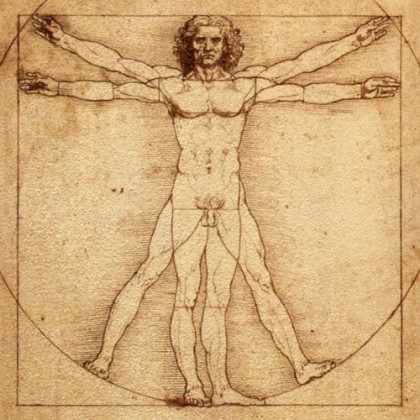“High-Quality Love”: Four Questions to Ask Yourself
Devra Torres | Oct 24, 2014
It’s been a few years since I translated Self-Esteem without Selfishness, and I’m finally able to read it with fresh eyes--for enjoyment, not false cognates and typos.

One recurring problem I encountered during the translating was how to render “amor de alta calidad.” “High-quality love” just didn’t cut it: in English, it sounded like I was describing merchandise, hawking a product—exactly what the author was not doing. In the end I found several more palatable ways to render the phrase.
But Fr. Michel Esparza has some strikingly perceptive observations about love. They touch on something we’ve discussed repeatedly here at the Personalist Project (Testing for Soundness in Relationships, If It Doesn’t Feel Like Love, It Isn’t, What’s Wrong with Defining Love as an Act of Will?...). Too many nuances go unaddressed when we leave it at “Love is not a feeling” or “Love is an act of the will.”
Many people do judge love by its felt intensity, and that's misguided, but many others talk as if its essence is sheer teeth-gritting perseverance, and that's unfortunate, too. These perpetuate an impoverished idea of both affectivity and will, making it sound as if we have to choose between shallow, body-driven sentiments and mechanical acts of volition.

And of course they give rise to all kinds of real-life trouble and miscommunication between people who love one another, or are trying to.
Esparza quotes von Hildebrand's The Heart. Like him, he refuses to reduce the person to a series of capacities (intellect, will, memory, passions) and then set about determining which are supposed to rule over which.
He also doesn't limit himself to determining whether something is or is not love, but finds ways to evaluate its depth and authenticity. He talks about “the ideal love,” but in a very practical way, as something attainable (to some degree) by free, fallen, embodied persons.

And he sees that love between persons has everything to do with inner freedom and with having a right relationship with yourself. To the extent that you possess these, your interperesonal relationships will be proportionately deeper and more genuine.
So how to assess the “quality” of love? Esparza suggests four angles from which to look at that question:
1. How much are you willing to sacrifice yourself for the other’s happiness?
2. Do you respect the other’s freedom, or do you manage things by imposing your will?
3. What is your real motivation in surrendering yourself?
4. Do you surrender freely, or do you sense an internal pressure?
Esparza has much more to say, and he adds many insights about all the possible failures and types of egotism that can get in the way. But what do you think of this list? Is there anything you would add?
How should love be measured?

